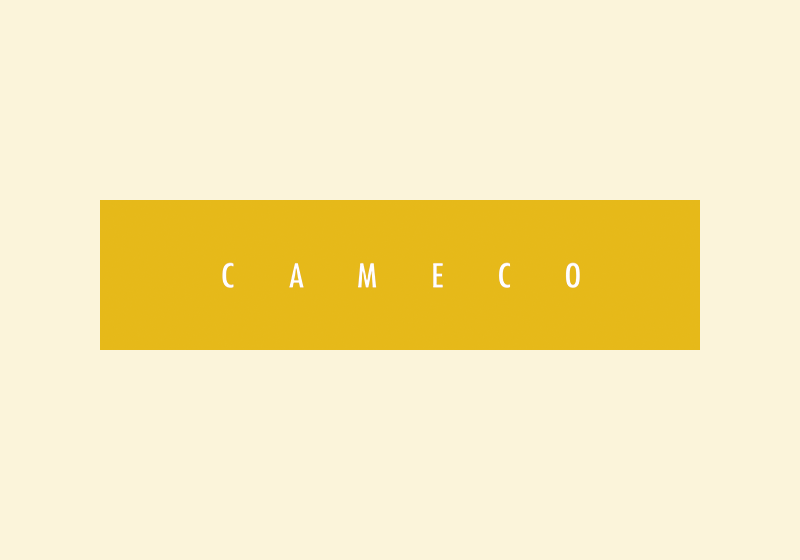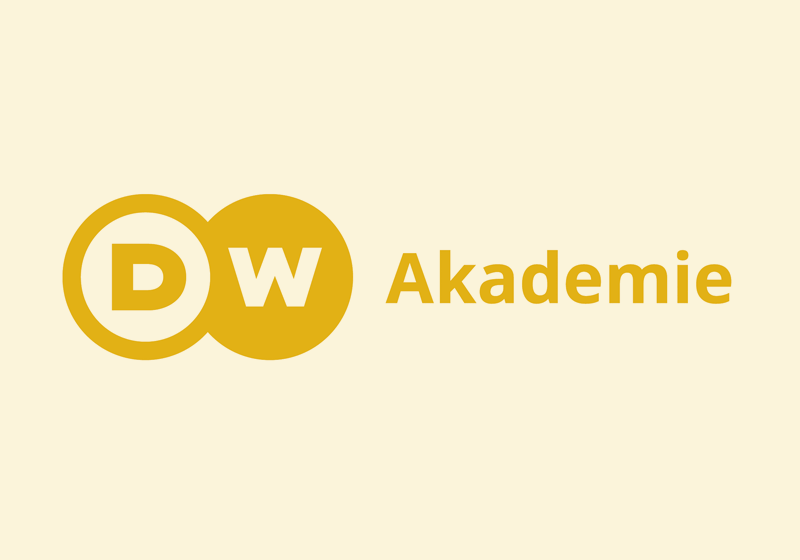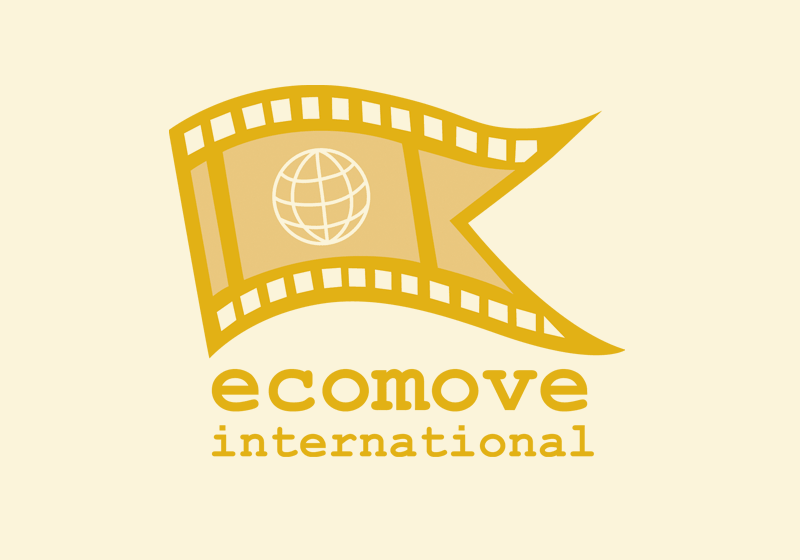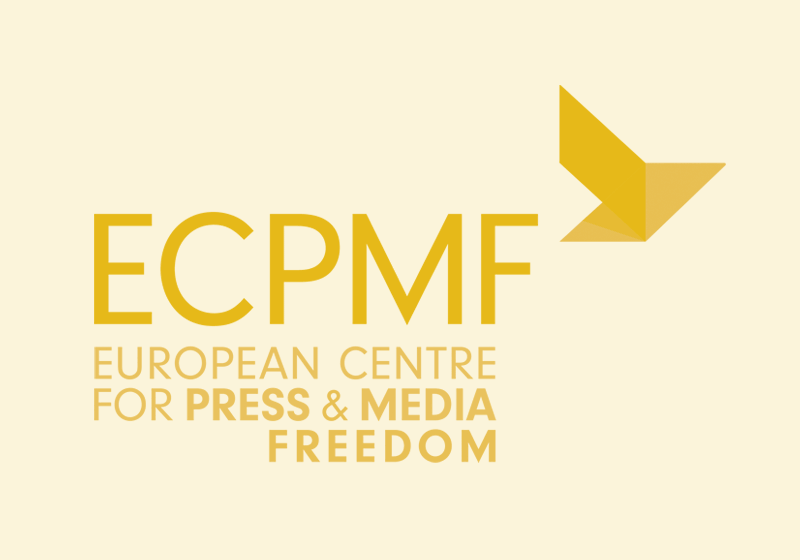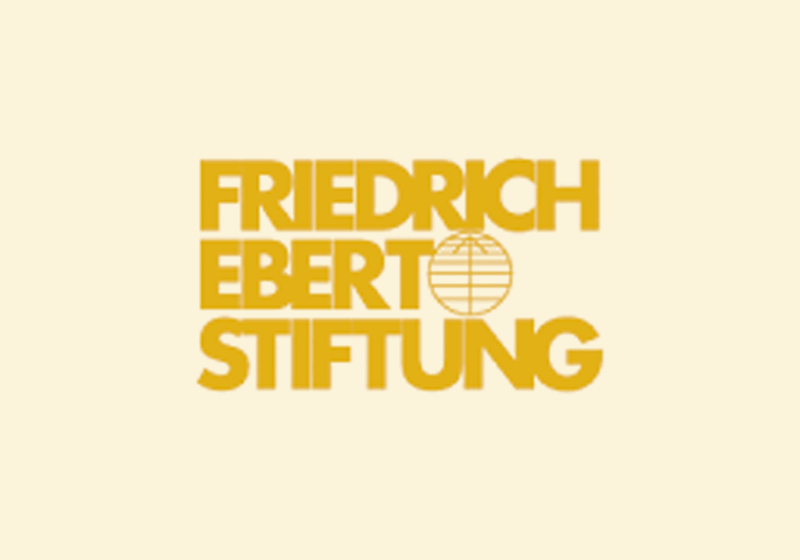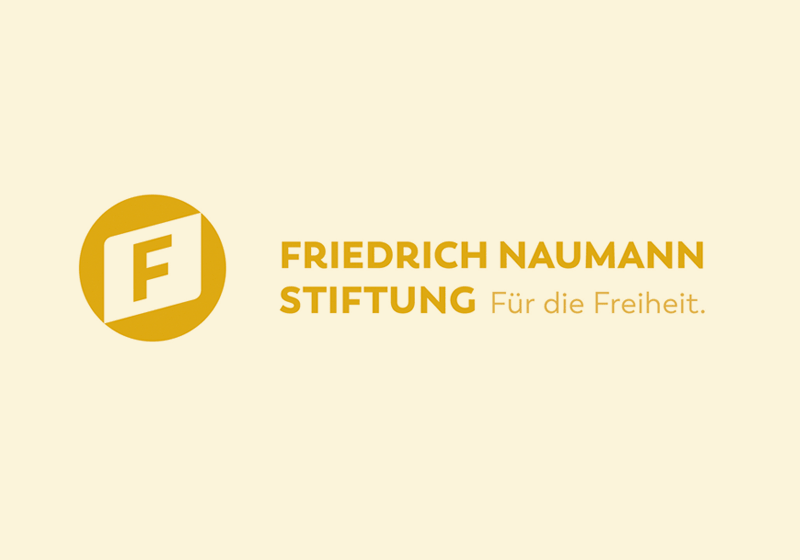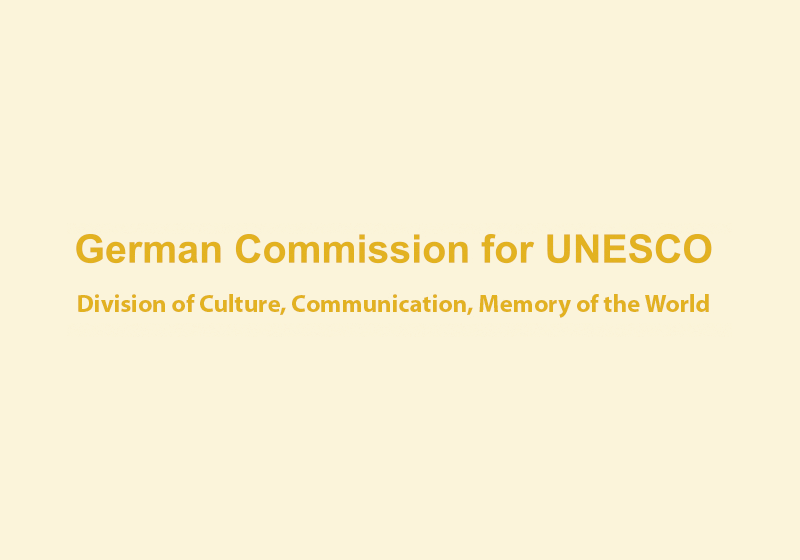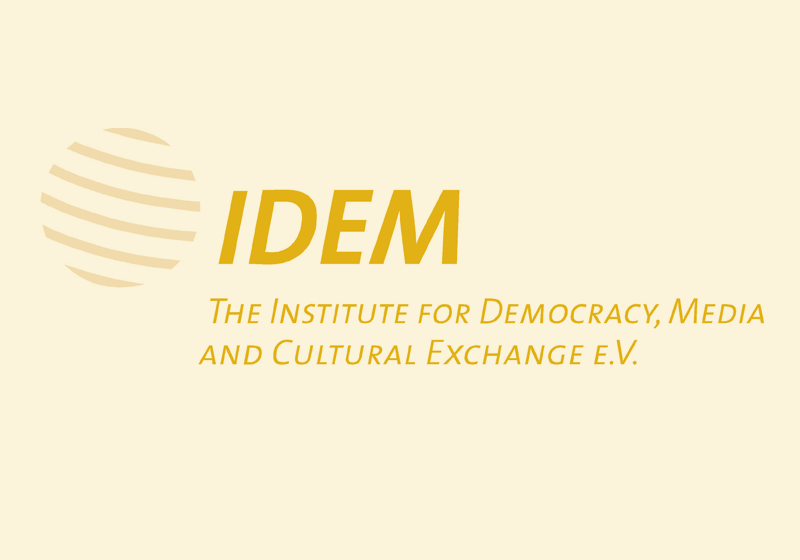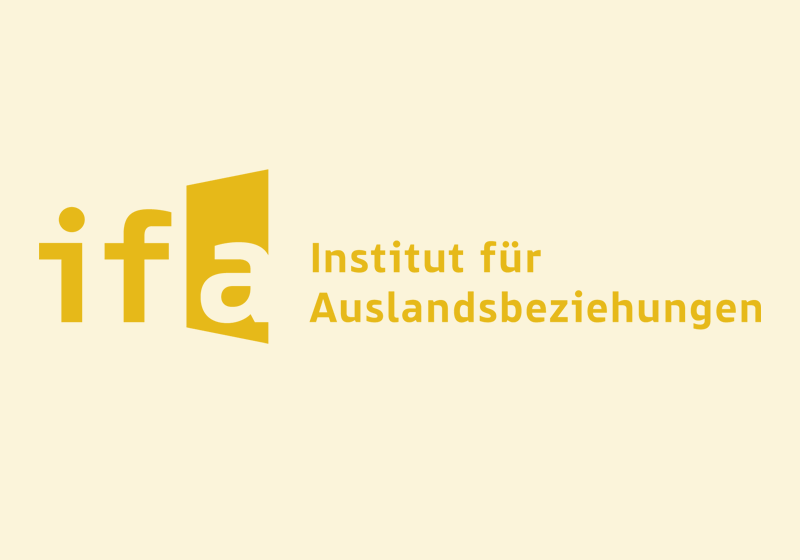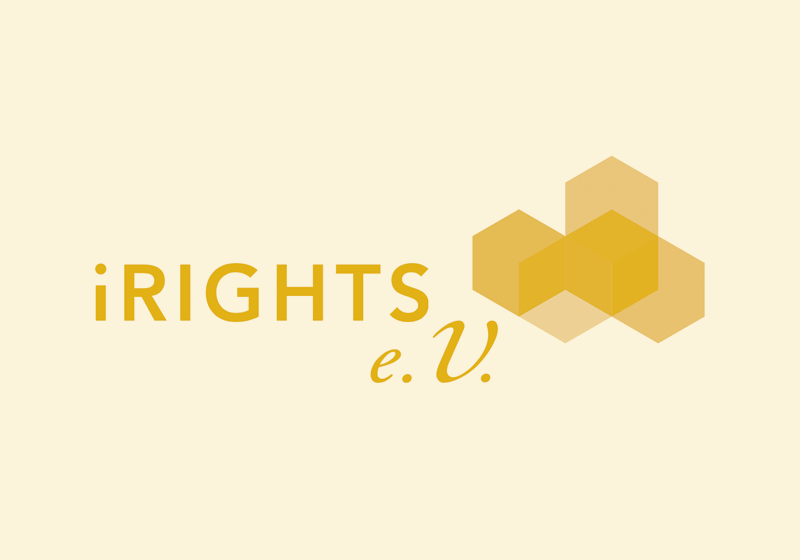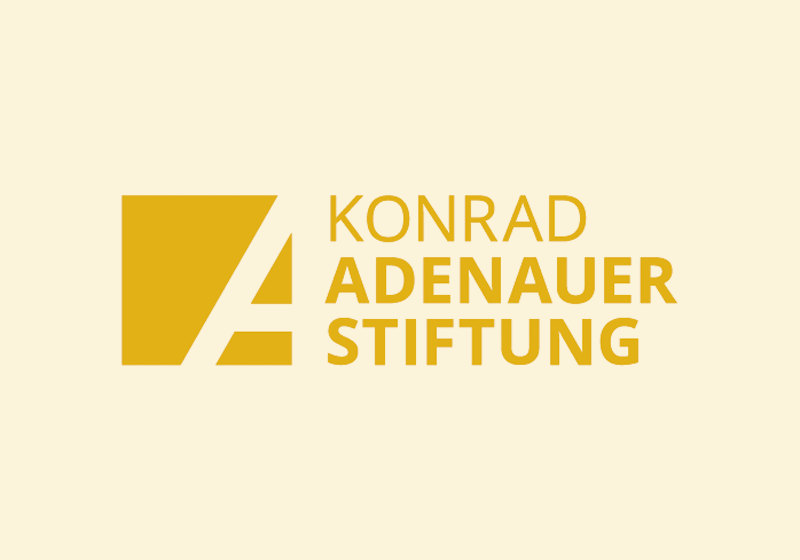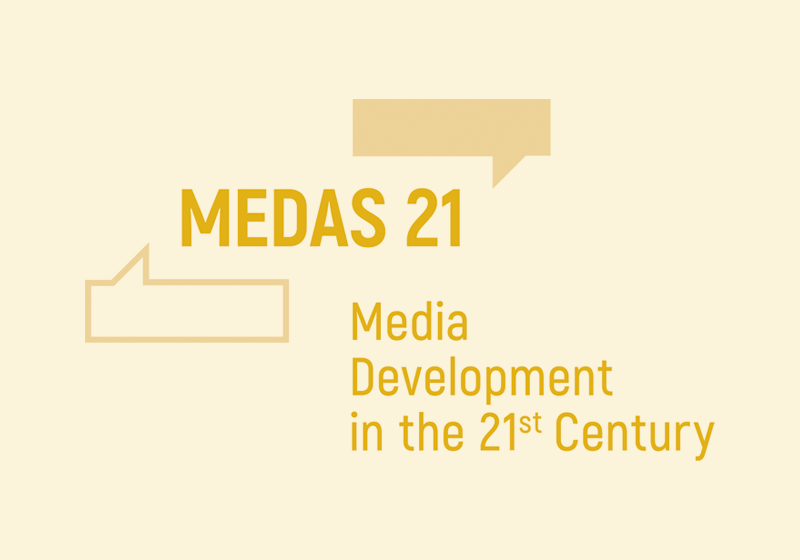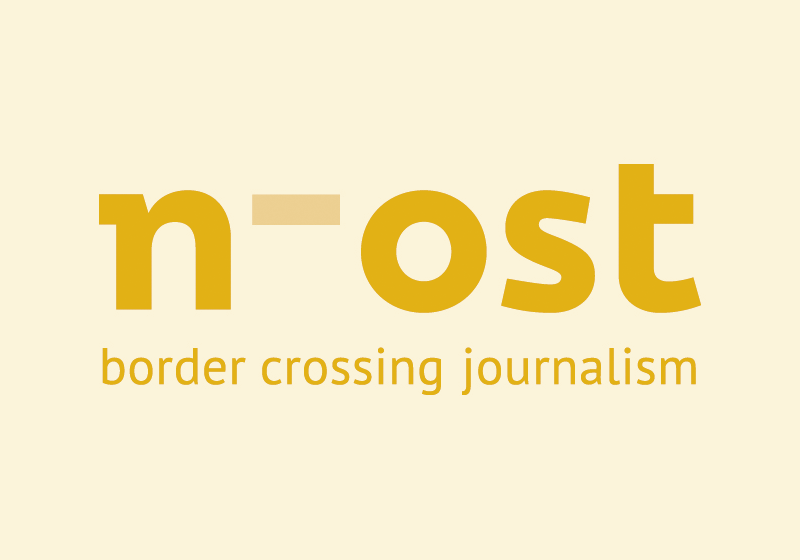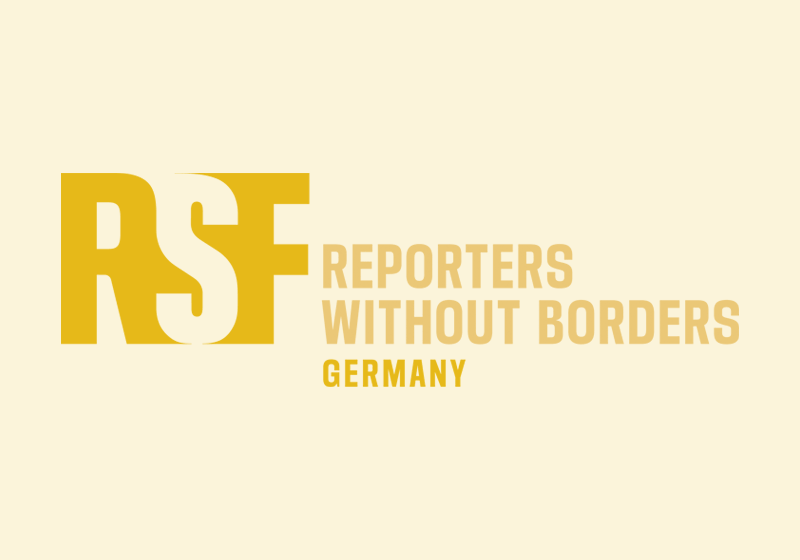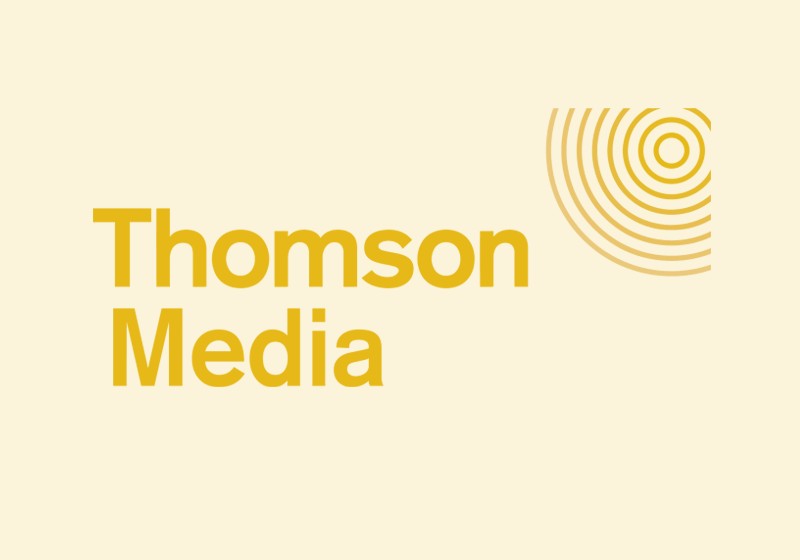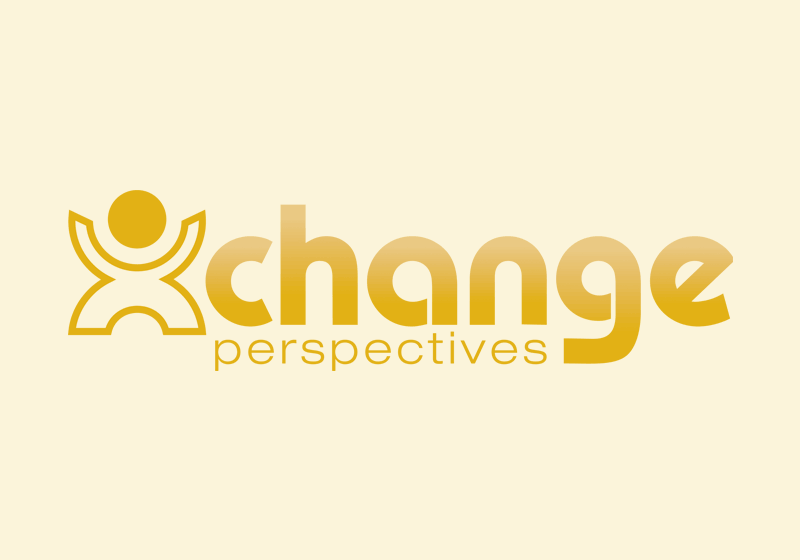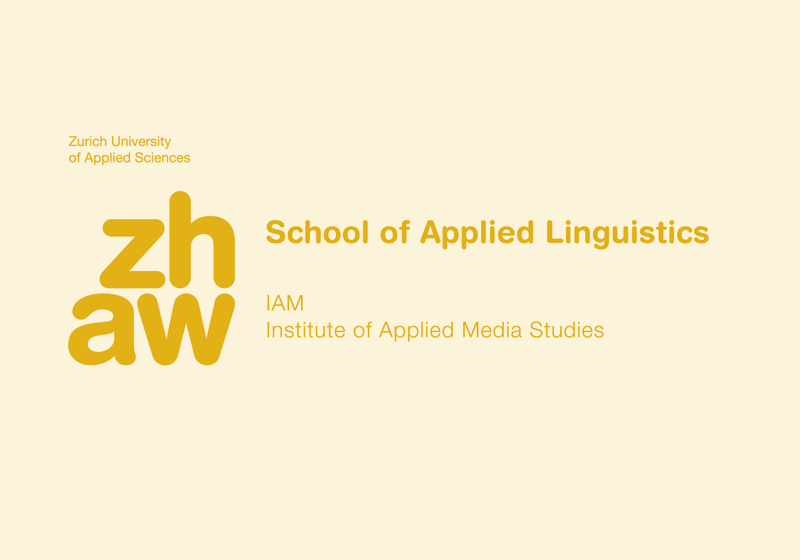Rethinking safety: Protecting media freedom in times of crisis
Hosted by DW Akademie and Reporters Without Borders Germany (RSF)
With support from the Federal Ministry of Development and Cooperation (BMZ) and the Konrad Adenauer Stiftung (KAS)
October 5 – 6 at Deutsche Welle, Kurt-Schumacher-Str. 3, Bonn
While media development requires long-term structures that use a systematic approach, journalists and media outlets must respond immediately to crises. As a result, the safety of media workers is essential to German media development cooperation. Organizations in this field increasingly see themselves compelled to provide emergency aid, crisis intervention, psychosocial help, or support for exiled media actors.
At fome Symposium 2023, we examined how to deal with the tension between crisis management and sustainable development cooperation, and how to develop a safe environment and secure structures. What should we, as organizations in media development cooperation, consider when providing emergency aid? What problems are likely to be overseen when crises emerge? How do we keep digital, mental, financial and legal security in mind? And how do we communicate this to donors and policymakers?


